Shilpakala Academy’s catalytic role against polarisation and extremism
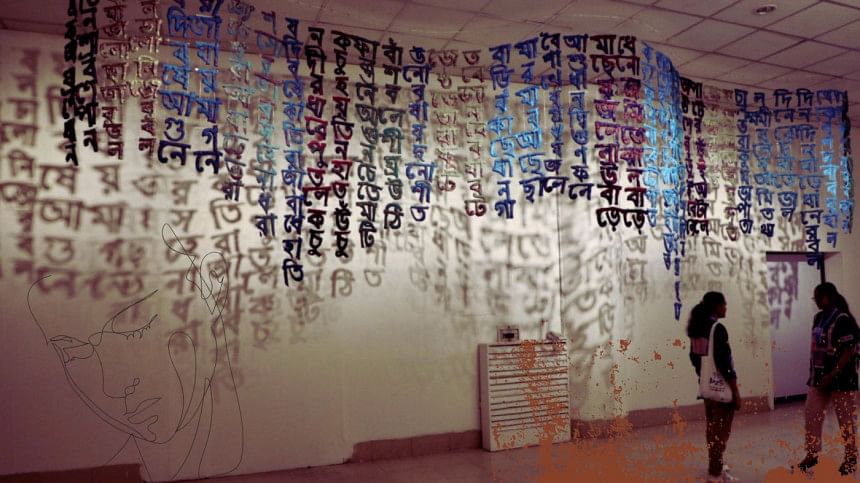
In the complex dynamics of Bangladesh's sociopolitical landscape, the Bangladesh Shilpakala Academy (BSA) stands as a cultural cornerstone, wielding the soft power of the arts against the hard edges of political polarisation and religious extremism. Established in 1974, shortly after the country's independence, BSA has evolved from a fledgling institution into a robust national academy of fine and performing arts. However, its journey, much like Bangladesh's own, has been marked by periods of turmoil and renaissance.
The past two decades have seen a significant expansion of BSA's activities. In 2009, BSA's cultural initiatives received renewed focus. The academy's budget saw a tenfold increase over 15 years, reaching over Tk 100 crore annually by 2024. Despite corruption and lack of proper implementation, this financial incentive enabled BSA to extend its reach, establishing 486 Upazila Shilpakala Academies across the country—a move that democratised access to cultural resources.
BSA's initiatives in theatre, music, and visual arts have proven to be effective tools for bridging divides in Bangladesh's politically charged environment. The academy's diverse programming speaks to a wide range of Bangladeshis, although often failing to transcend party affiliations and ideological differences.

The nationwide theatre programme has been particularly impactful. In 2022 alone, the academy sponsored 120 plays across various districts, with a budget of Tk 84 lakh. While some productions, such as "Jananir Swapnapuran" and "Janani Janmabhumishcha," focused on government achievements, many others tackled universal themes that resonated across political lines. Critical analysis suggests that while government-centric productions risk alienating opposition supporters, the broader theatre programme's ability to address shared social issues has been crucial in fostering dialogue. The power of storytelling through theatre allows BSA to humanise political opponents and foster empathy, countering the dehumanising rhetoric often employed in partisan politics.
BSA's music programmes serve a unifying function by celebrating Bangladesh's rich musical heritage. The academy regularly organises festivals that showcase both folk and classical traditions. For instance, the annual Folk Festival attracts thousands of attendees from diverse backgrounds, creating a sense of collective pride that can override political differences.
In the realm of visual arts, BSA's crowning achievement is the Asian Art Biennale. The 19th edition in 2022 featured 649 artworks by 493 artists from 114 countries, making it one of the largest art exhibitions in Asia. The biennale's themes are selected every year with an aim to encourage artists to explore complex social and political issues through their work. By providing a platform for critical expression, BSA contributes to a more nuanced understanding of national challenges. However, critics argue that the academy could do more to support emerging local artists and address contemporary social issues more directly in its exhibitions.

As Bangladesh grapples with rising challenges to its secular fabric, BSA's role in promoting and preserving cultural heritage has taken on new significance. The academy's focus on folk traditions offers a powerful counternarrative to extremist ideologies that seek to impose a monolithic worldview. Previously, BSA has undertaken several initiatives to document and revive endangered folk art forms. For example, the academy's research wing has published over 57 research-oriented books between 2010 and 2014. While this research is valuable, more attention should be given to lesser-known folk traditions at risk of extinction.
The academy's educational programmes play a crucial role in transmitting cultural knowledge to younger generations. BSA regularly conducts workshops and training sessions in traditional art forms. In 2021, despite the challenges posed by the Covid pandemic, BSA organised over 175 exhibitions and workshops across the country. These initiatives help create a sense of cultural continuity that can inoculate young people against the appeal of extremist ideologies. However, the effectiveness of these programmes in directly countering extremism remains to be empirically studied.
While BSA's contributions are significant, the academy faces several challenges that limit its effectiveness. The close alignment of BSA's leadership with the ruling party has sometimes led to accusations of politicisation. The recent transition in leadership following the July mass uprising brought the longstanding issues to the forefront. Liaquat Ali Lucky, who served as director general for 13 years, stepped down on August 12 this year, amid allegations of corruption and mismanagement. A recent report revealed discrepancies in accounts of over Tk 227 crore between 2016 and 2021, raising concerns about resource utilisation and transparency.
Following the resignation of Lucky, the appointment of Syed Jamil Ahmed as the new director general on September 9, marks a pivotal moment for BSA. Ahmed, a renowned scholar and founding chair of the Department of Theatre and Music at the University of Dhaka, brings a fresh perspective to the institution. In his first press briefing, he advocated for allocating three percent of the national GDP to the cultural sector and outlined plans for comprehensive reform. His vision emphasises transparency, with commitments to make expenditure breakdowns publicly available on BSA's website.
Ahmed's appointment signals a significant shift in BSA's approach, with his declaration that the academy will reject any singular national, state, or ideological framework. His commitment to championing diversity across languages, ethnicities, religions, and schools of thought aims to create a more democratic and dialogical space for art.

To enhance its impact, BSA must address several key challenges. The urban-rural divide in programme quality and frequency limits the academy's ability to counter extremism in vulnerable rural communities. While BSA conducts research, its impact on policy-making remains limited. The academy must balance preserving traditional art forms while encouraging innovation and addressing contemporary issues.
Moving forward, BSA should focus on ensuring political neutrality through structural changes, improving financial transparency through regular external audits, and bridging the urban-rural divide through targeted programmes and digital initiatives. Strengthening research capabilities through partnerships with universities and think tanks, embracing digital technologies, and expanding international collaborations will be crucial for positioning Bangladesh as a cultural leader.
Bangladesh Shilpakala Academy stands at a critical juncture in its history. As Bangladesh navigates the complex terrain of the post-August 5 political landscape, BSA's ability to adapt and respond to changing social dynamics will be crucial. Under new leadership, the academy has the opportunity to transform into a more dynamic and inclusive institution, one that not only preserves culture but actively shapes a national identity embracing both tradition and diversity. By embracing reform, enhancing transparency, and balancing tradition with innovation, BSA can strengthen its role as a cultural bulwark against polarisation and extremism.

 For all latest news, follow The Daily Star's Google News channel.
For all latest news, follow The Daily Star's Google News channel. 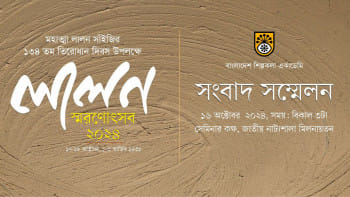

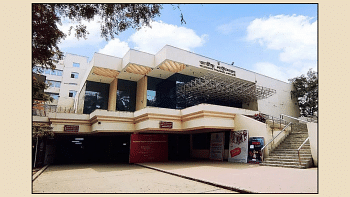



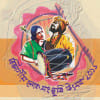
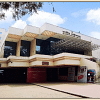
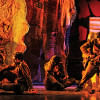
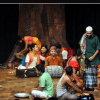


Comments